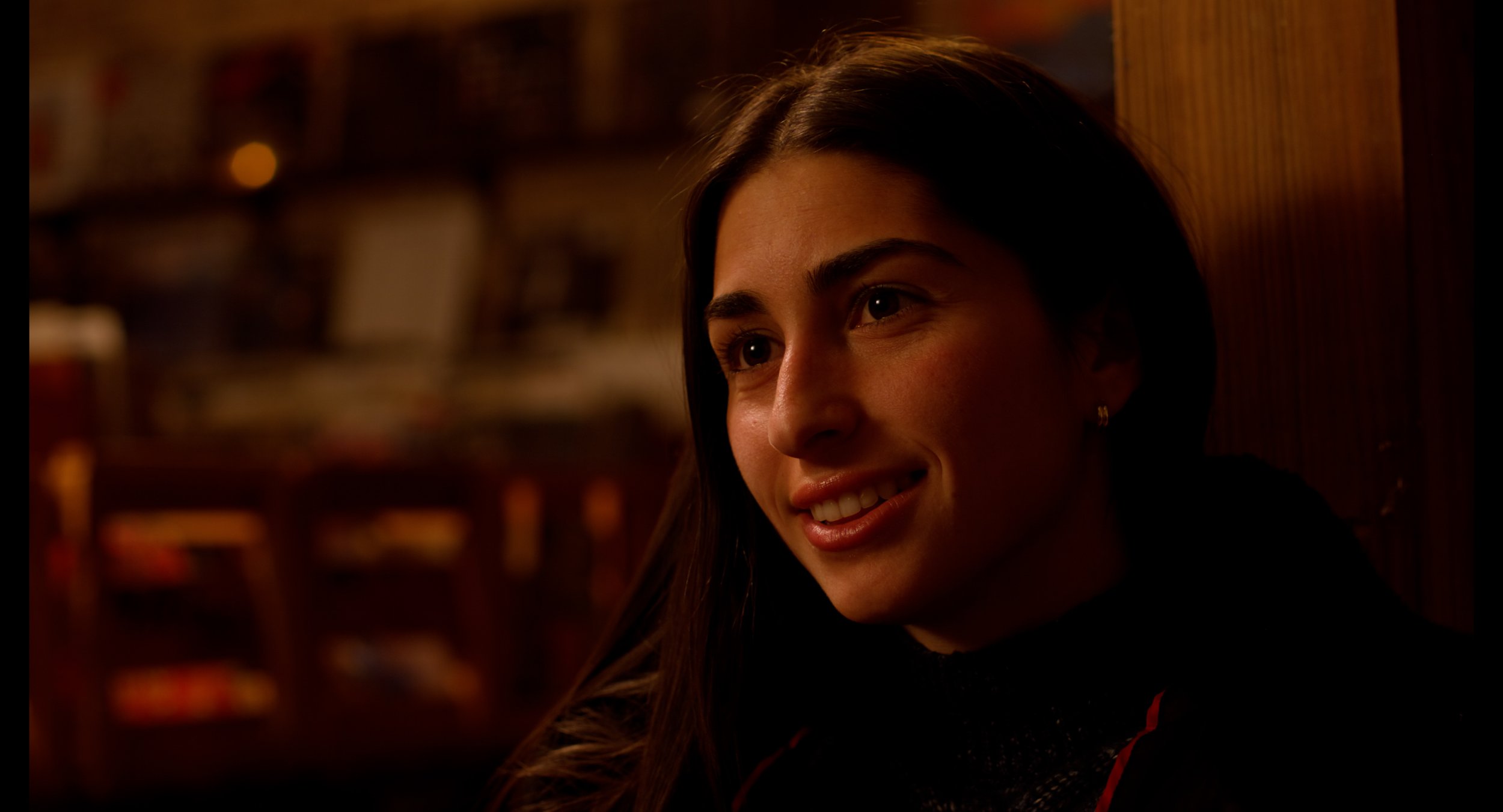
Six Weeks
Eesha Patkar
“Six Weeks is a creative outcome of the personal and the political. America's debate on abortion—and legal barriers to its safe access—had me wondering about what 'choice' meant in different cultures".
Artist Statement
8,000 miles apart, in a post-Dobbs America and a socially conservative India, two women face conflicting pressures and a lack of choice around their unexpected pregnancies. Six Weeks explores reproductive rights through the lens of Michelle — a teenager raised in a religious American household, desperately seeking options — and Gayatri — a successful woman in India who struggles with her desire to keep her pregnancy despite cultural/societal taboos surrounding unwed mothers.
A conservative America views abortion as reprehensible, but a conservative India views unwed pregnancies as shameful and taboo. The socio-religious stigma in both situations, combined with medical and legal challenges, is ultimately designed to take away women's agencies. Both these stories are an attempt to understand the isolation and helplessness of these two women in these very human and relatable moments. At its core, Six Weeks embodies the principles of reproductive justice: the human right to maintain personal bodily autonomy, the right to have children, the right to not have children, and the right to parent the children we have in safe and sustainable communities.
The Gallery





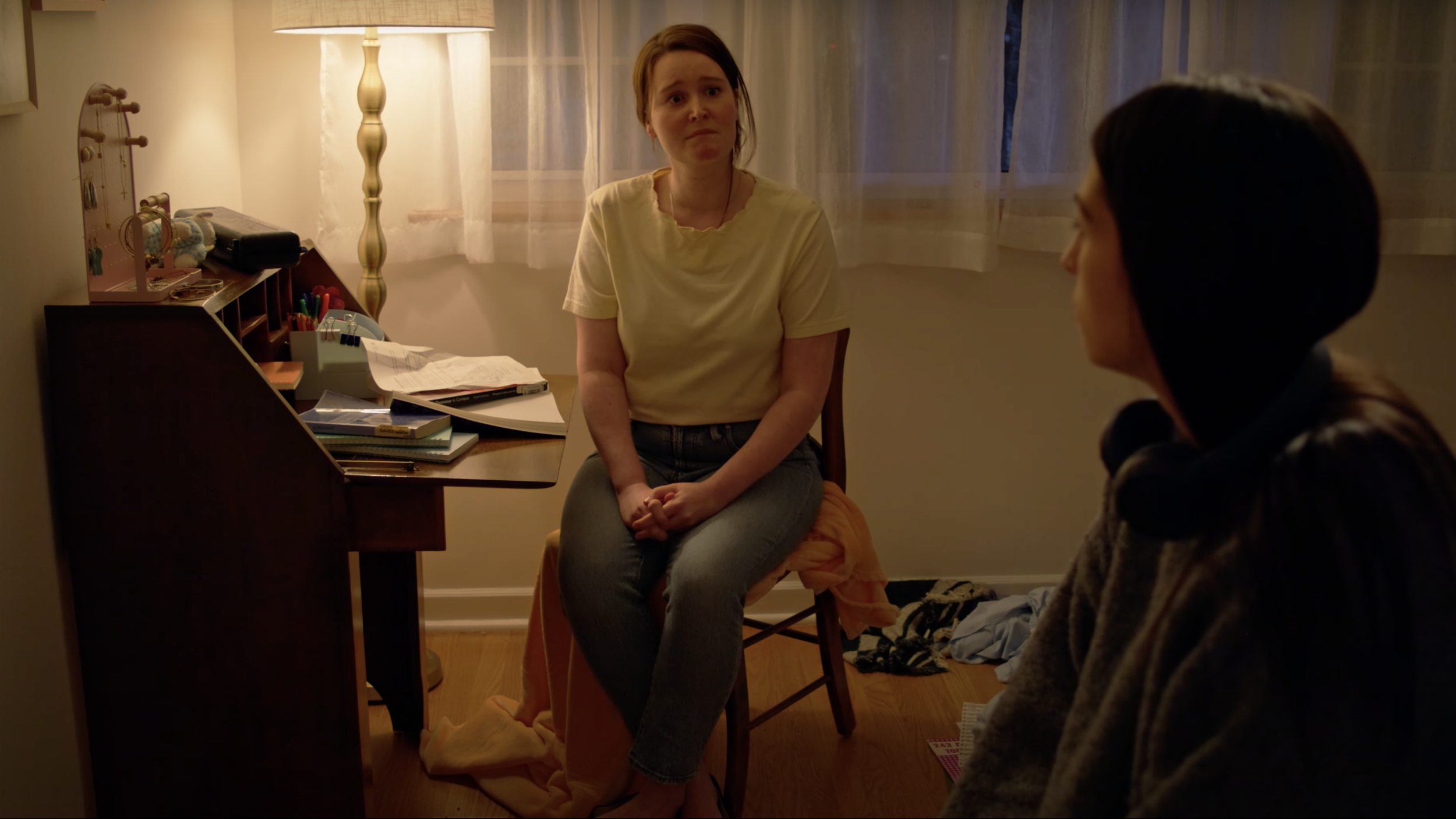

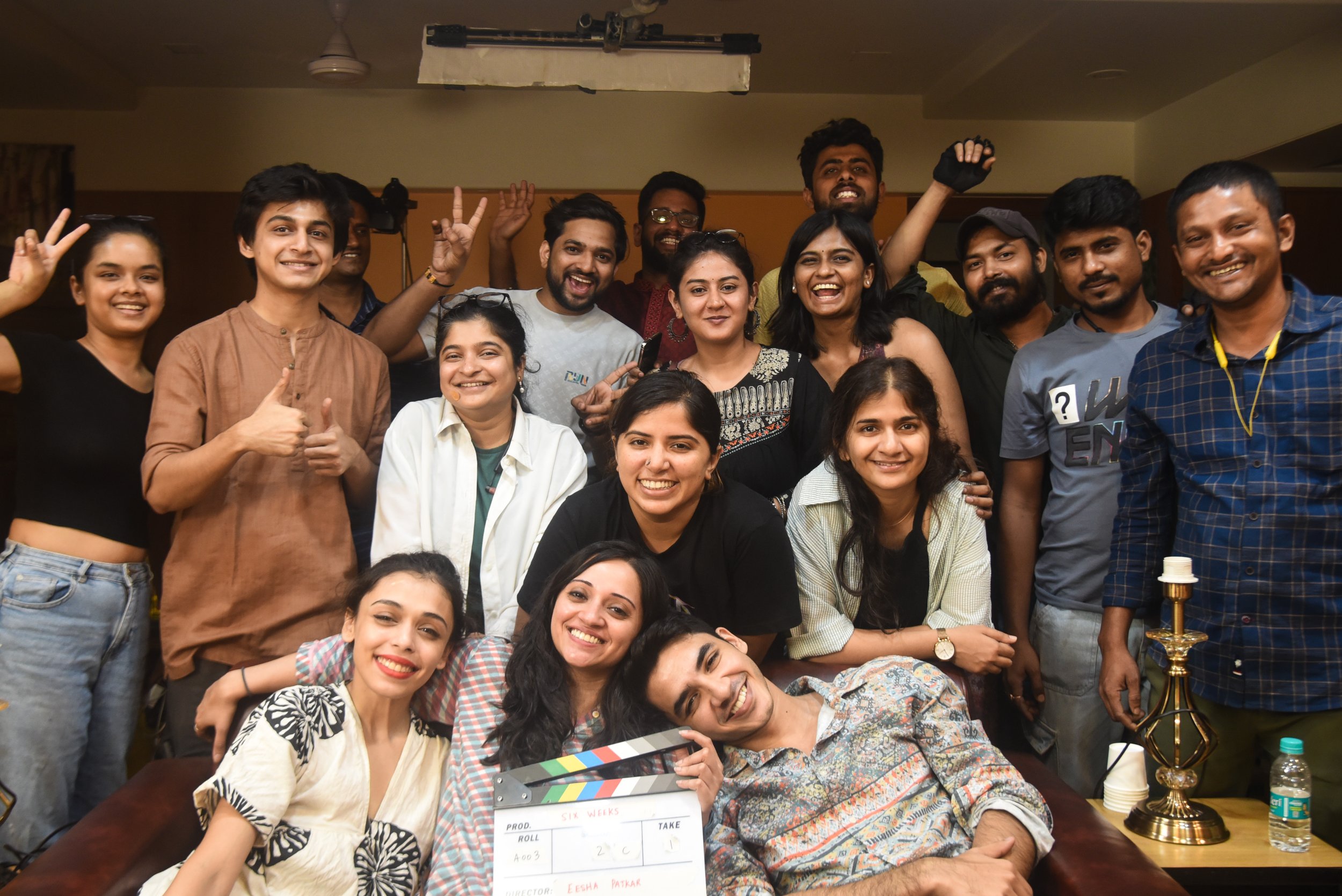
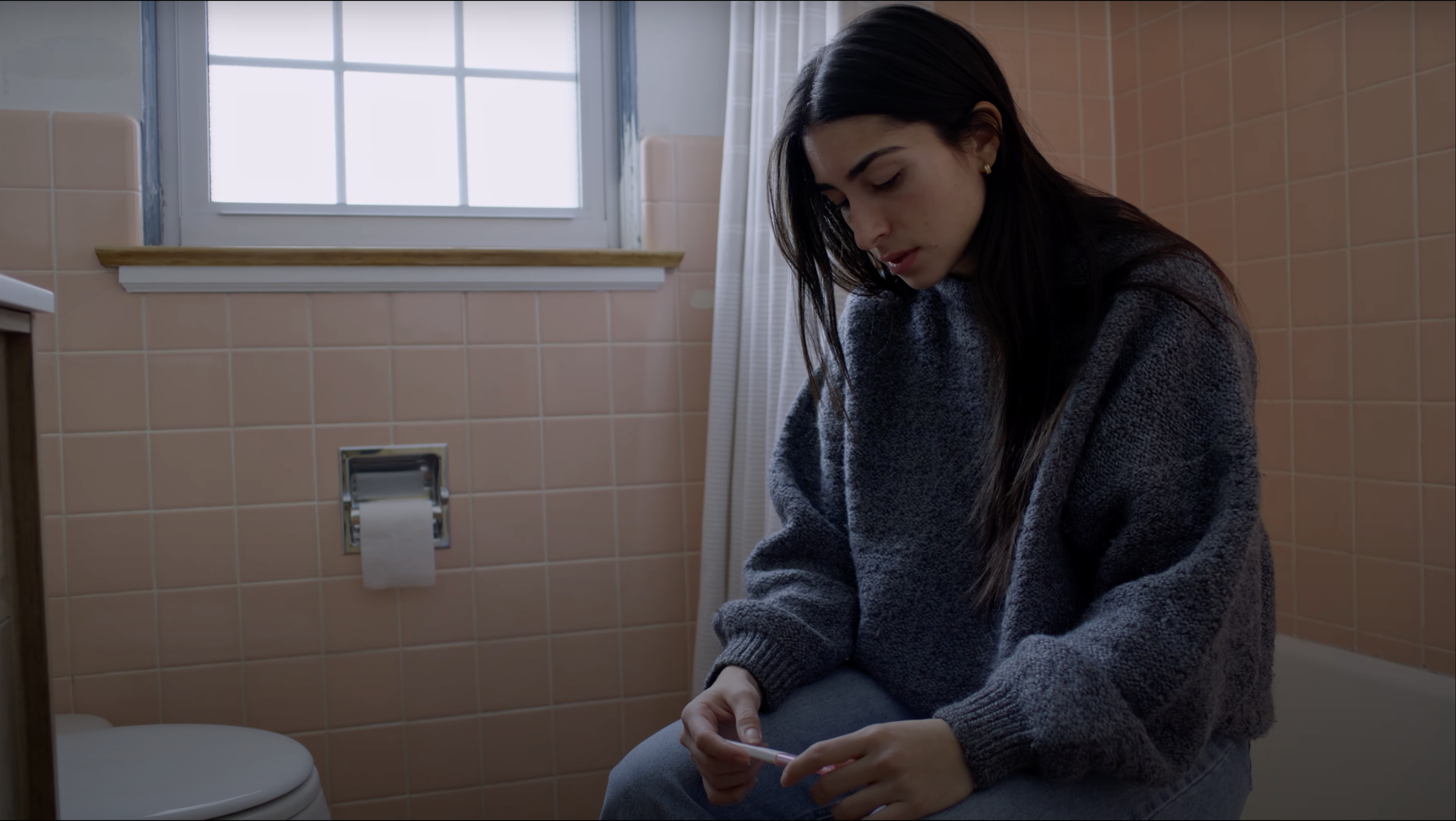
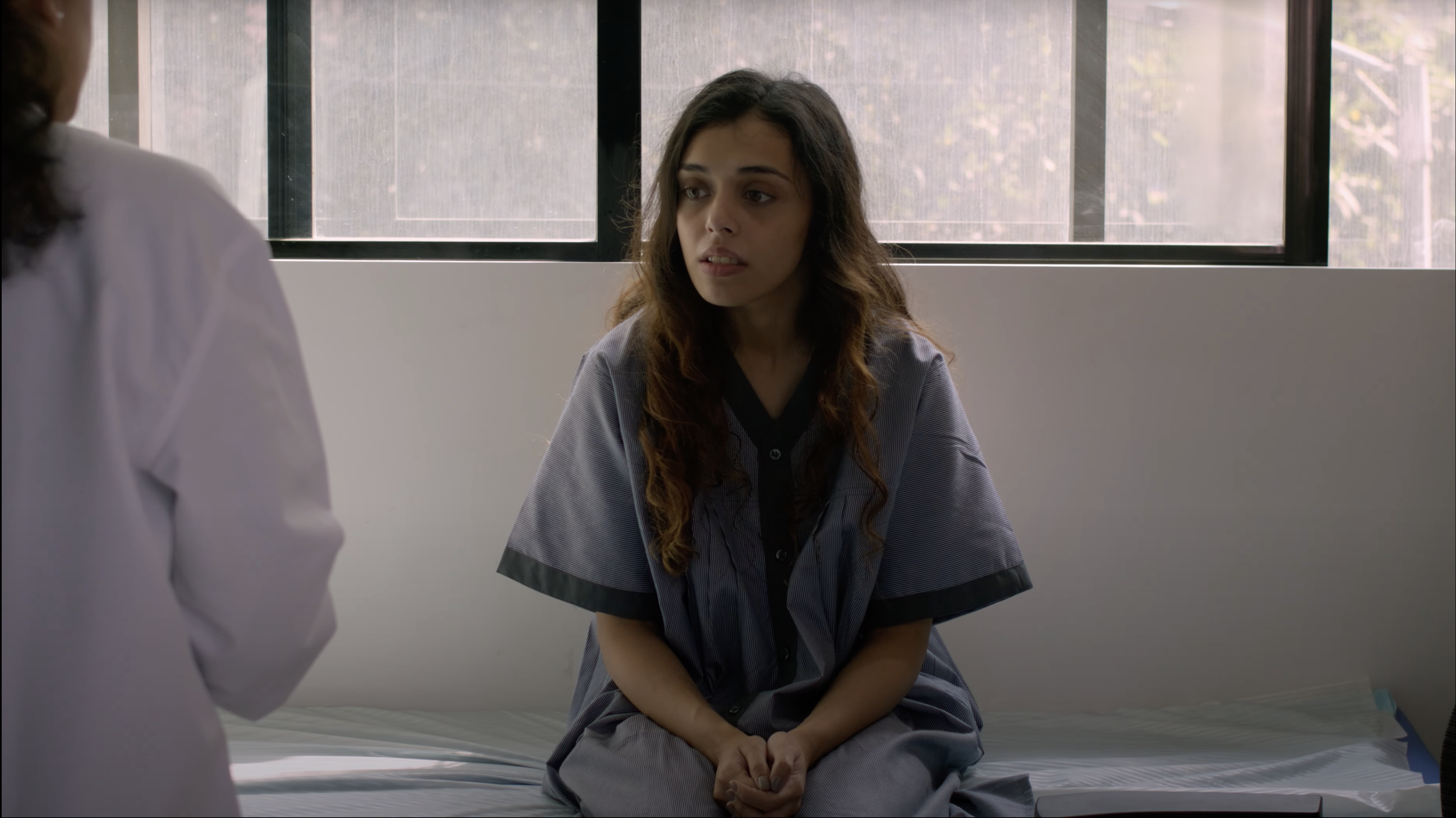

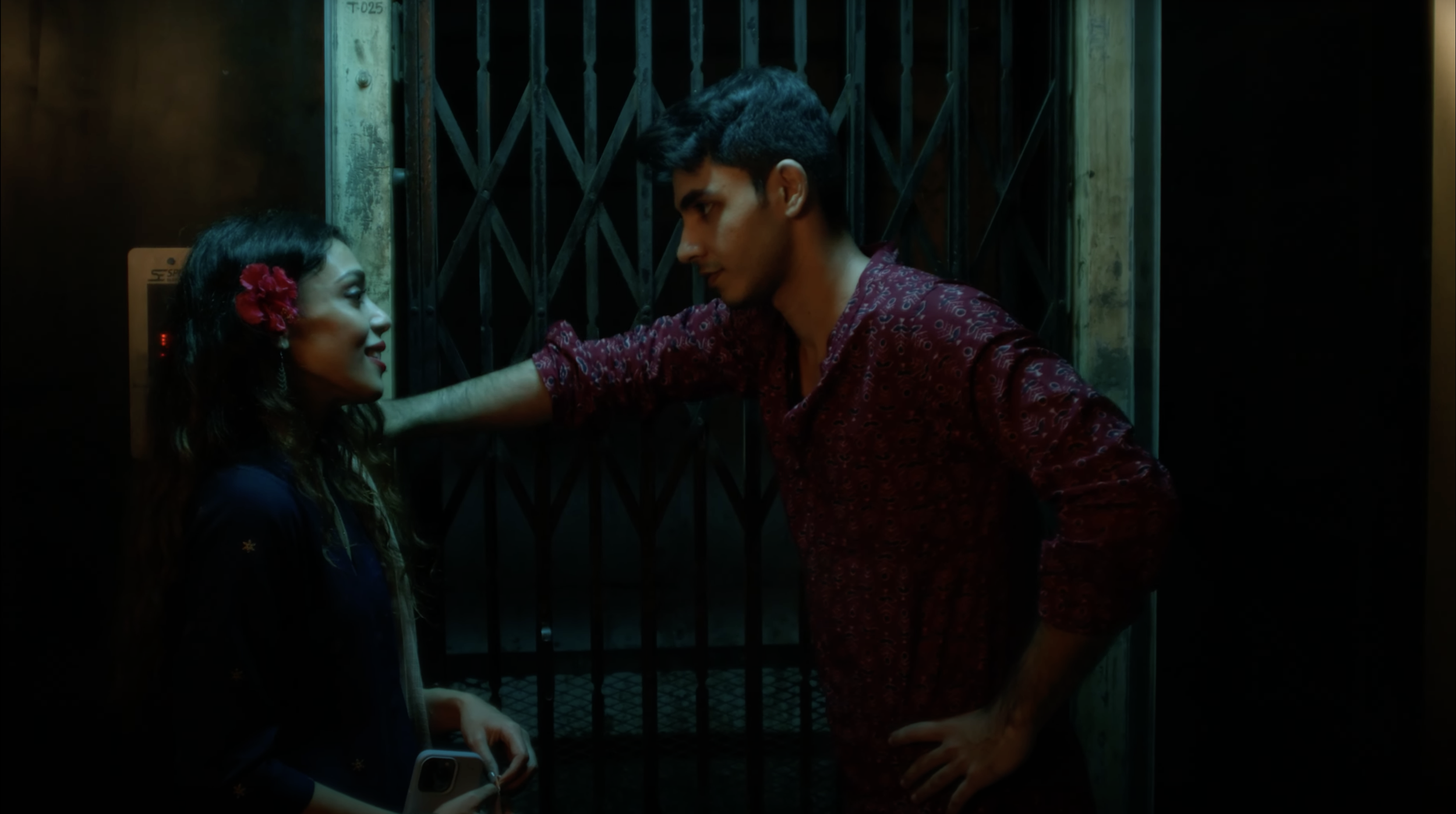

The Process
In the development of this film, I constantly questioned myself: why these two stories? Because every abortion experience is unique, and each one valid. There were so many facets to cover: the barriers to reproductive healthcare in this country, from the unimaginable risks of breaking the law in conservative states, the trauma of dealing with parental consent laws and judicial bypass, and the many, many obstacles that continue to strip people of their autonomy and basic rights; or the censure that women suffer through in Indian society, for wanting freedom beyond the patriarchal norms that threaten its archaic ideas of sanskaar (tradition), for carving out a space for ourselves to thrive, for choosing not to care what people think about us.
I was less concerned about the “why” of their choice. A teenager wanting an abortion in a state that doesn’t allow it, and contrastingly, an older woman wanting to continue her pregnancy in a society that wouldn’t stand for it — their motivations don’t need elucidation. I wanted to stay with their fear in that moment, the feeling of abject hopelessness that a person might experience in a situation where they find their choice taken away from them. I wanted my audience to feel rage in the knowledge that we don’t have control over our bodies and our future. But underneath all that, I mostly hoped it led the viewer, whatever their beliefs might be, to empathize with my characters, and not demonize them.
About Artist
Eesha Patkar (she/her) is an emerging writer/filmmaker from Mumbai, and a recent graduate from Columbia College Chicago’s MFA program in Cinema and Television Directing. In her decade-long career slowly evolving from journalist and arts writer to video producer, Eesha has consistently found purpose in storytelling, and a newfound love of its expression through film. Drawing from her Indian roots — and often as a subversive commentary on it — Eesha’s work is an exploration of female subjectivities, often within the complex social dynamics of South Asian culture.
Contact Info
eeshapatkar@gmail.com
Instagram: @eeshapatkar @sixweeks_shortfilm

